|
|
|
|
Namibia has been fighting for decades to have Germany show contrition, apologise and make amends for the genocide it committed between 1904 and 1908 against the inhabitants of the southern African nation it had colonised. Namibia’s efforts have fallen on deaf ears – until recently. Last week, both countries finally reached a historic accord which saw Germany apologise to Namibia for the atrocities. It also committed to funding development projects in its former colony to the tune of €1.1bn over the next 30 years. Reinhart Kössler and Henning Melber weigh in on the significance and shortcomings of this gesture. They spell out why it smacks of tokenism and what it’ll take to promote true reconciliation between the two
nations.
The world is by now familiar with the devastation the COVID-19 pandemic has caused, costing almost 4 million lives and hobbling economies. Edward Webster critically evaluates a new book by leading development academic Ian Goldin that, among other things, sheds light on how the pandemic has deepened inequalities, in turn offering opportunities for the elites of the world and ordinary citizens to rethink capitalism.
Leading research efforts in ecology are dominated by the views of people in the global North. This is a problem because diverse perspectives are needed to come up with solutions to the threats posed by climate change. In today’s episode of our podcast, Pasha, Bea Maas discusses steps that can be taken to ensure that the views of people from the global South, particularly women, are heard.
|
Thabo Leshilo
Politics + Society
|

|
|
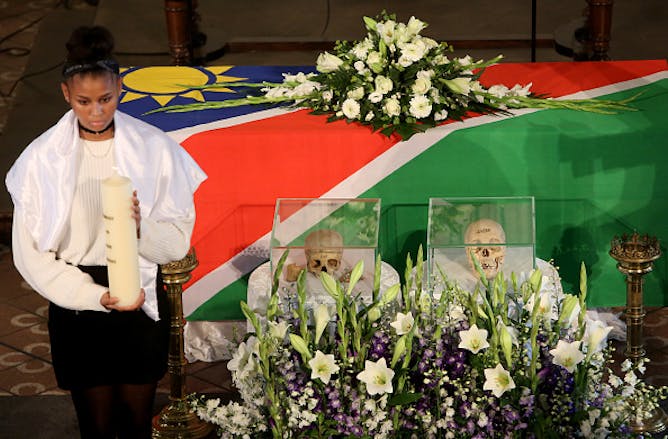
The mortal remains of some of the victims of German atrocities in Namibia that Germany handed over in 2018.
Adam Berry/Getty Images
Reinhart Kössler, University of Freiburg; Henning Melber, University of Pretoria
German's commitment of €1.1bn for development projects in Namibia over 30 years is too cheap a price to pay for remorse.
|
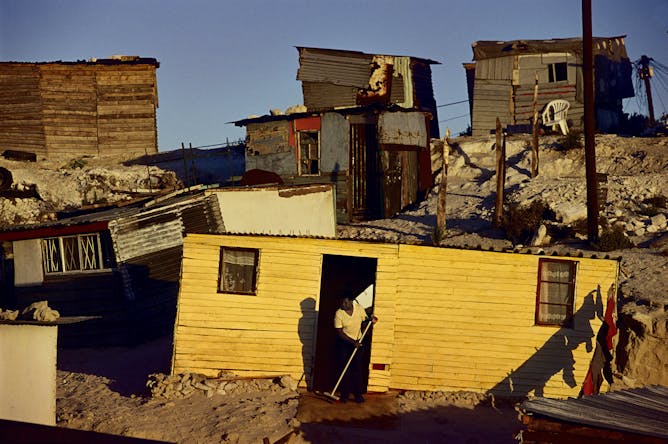
A woman sweeps outside her shack in Khayelitsha, Cape Town. South Africa is among the most unequal societies in the world.
Getty Images
Edward Webster, University of the Witwatersrand
Rethinking capitalism requires that the primary focus should be on the distribution of economic power as the potential leading causal factor driving inequality.
|
Health + Medicine
|
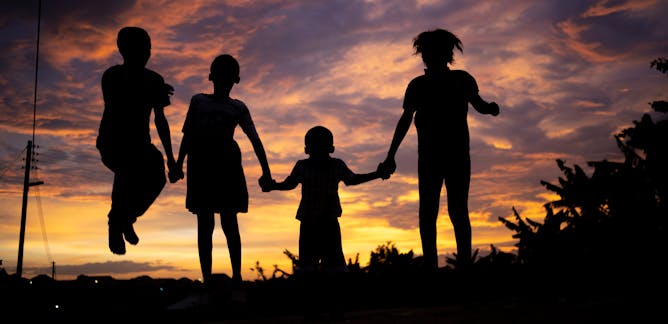
Robert Hughes, London School of Hygiene & Tropical Medicine
The early childhood years, particularly ages 0-3, are the building blocks of life.
| |
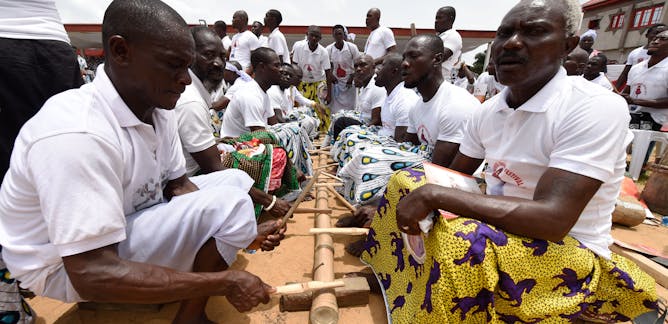
Ololade Grace Adewole, Obafemi Awolowo University; Kehinde Oluwaseun Omotoso, University of South Africa; Sola S. Asa, Obafemi Awolowo University
The Nigerian government must design more interventions to improve education, employment opportunities and the economy in order to control the country's population growth.
|
|
|
Politics
|

Folahanmi Aina, King's College London
Mali's state decay must be halted before it collapses: here are five areas that need attention.
| |
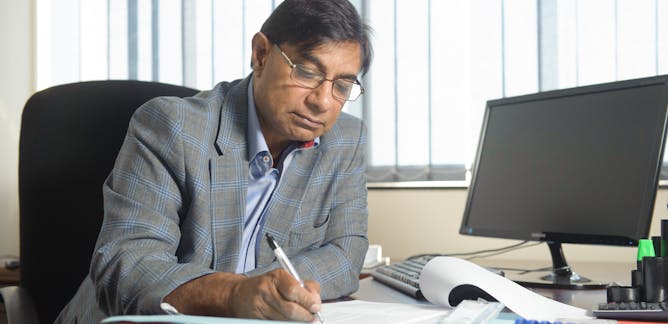
Imraan Valodia, University of the Witwatersrand
Vishnu Padayachee’s contribution to economics in South Africa is unmatched.
|
|
|
Podcasts
|
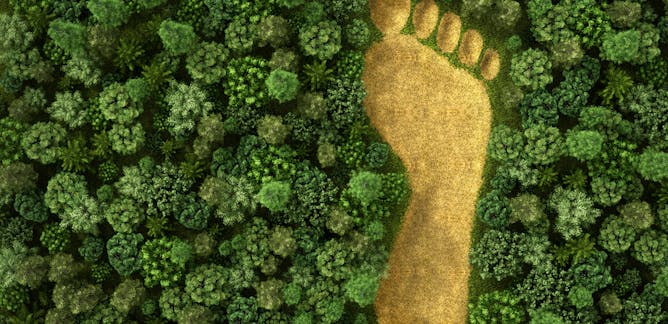
Ozayr Patel, The Conversation
Ecology needs to be more inclusive of research from the global South and by women, to create a balanced view of the world.
| |
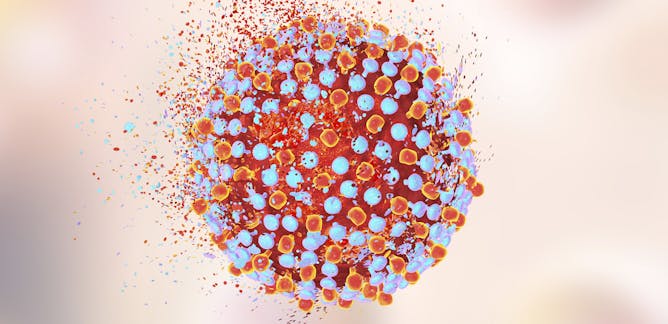
Ozayr Patel, The Conversation
New direct-acting antiviral drugs would work successfully in countries where numerous different strains of hepatitis C are found.
|
|
|
From our international editions
|
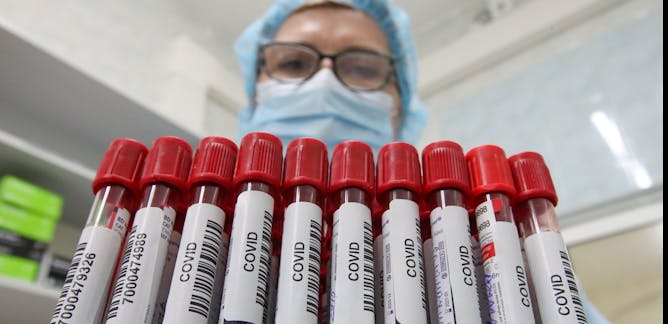
Ed Feil, University of Bath
The World Health Organization has created more memorable and less stigmatising names for coronavirus variants.
| |
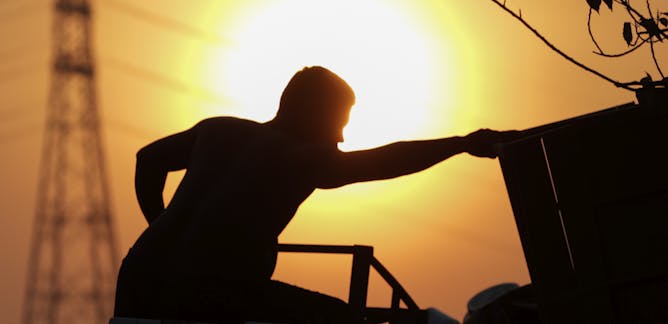
Chloe Brimicombe, University of Reading; Hannah Cloke, University of Reading
Climate change has profound, but often overlooked, consequences for human health.
|
|
|
| |
| |
| |
| |

|
| |
| |
| |
Featured events
|

|
Robert Sobukwe Road, University of the Western Cape, Bellville, Cape Town, Western Cape, 7535, South Africa — University of the Western Cape
|

|
University Road, Hatfield, Gauteng, 0083, South Africa — University of Pretoria
|

|
Uwc Access Rd, Bellville, Cape Town, 7535, Bellville, Western Cape, 7535, South Africa — University of the Western Cape
|

|
Centre for Human Rights, Faculty of Law, University of Pretoria, Pretoria, Gauteng, 0002, South Africa — University of Pretoria
|
|
|
|
| |
| |
| |
Would you like to republish any of these articles?
|
|
It’s free to republish, here are the guidelines.
Contact us on africa-republish@theconversation.com in case you need assistance.
|
| |
| |
| |
| |
|
|
|
|
|
|
|